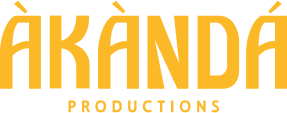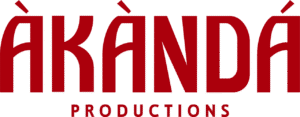2024/25: A Creative Revolution at Àkàndá
15th January 2025
“Busy” would be an understatement when describing 2024 at Àkàndá. We’ve had the privilege of working alongside phenomenal individuals and companies to bring a diverse range of creative concepts to life.
Opportunities to create, express, and amplify messages that drive the transition to a more sustainable and fulfilling relationship between artists and audiences have never been more abundant. Let’s shed some light on a few we’re seeing.
It’s been a fulfilling journey, witnessing art and media undergo a much-needed transformation through our collaborations and in-house work, reflecting the shift in attitudes towards our relationship with society, as well as our broader world experiences.
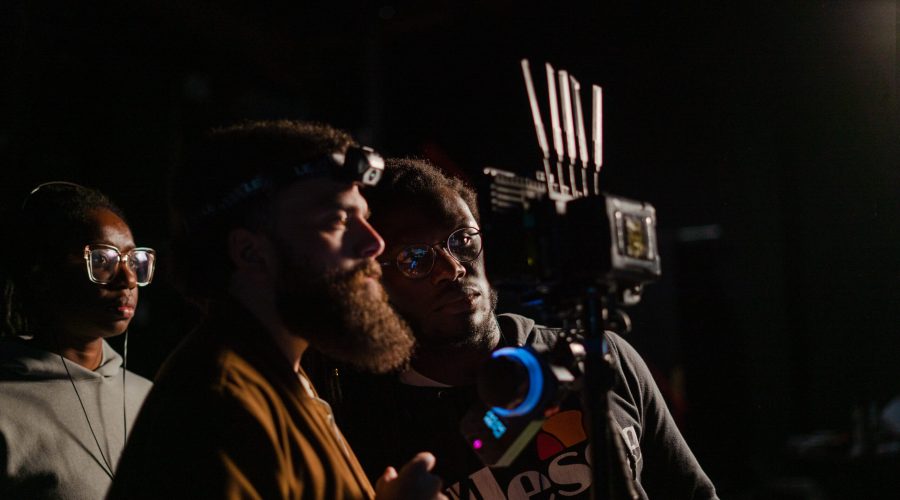
Gatekeeping Is Out - Community Is In
You’re not a brand, you’re a human…..
The “Personal Brand” cult has infected industries left and right, becoming a placeholder in a void of personal identity. A once harmless corporate buzzword has ultimately warped the creative process, mutating an alarming majority of artists into carbon copy, hyper-polished marketing tools.
This avenue for creative development can offer some structural and technical advantages, however, risks of potential burnout, mental health issues, and a general sense of apathy towards your own work increase significantly as unlike a business, efficiency, profit and homogeny do not truly define creative success.
We’ll be offering a better glimpse into the extremes of the over identification to the “Personal Brand” at the upcoming screening of our recent Amazon feature “The Three Little Proletariat Pigs”.
Follow our page @akanda.productions to receive the latest updates.
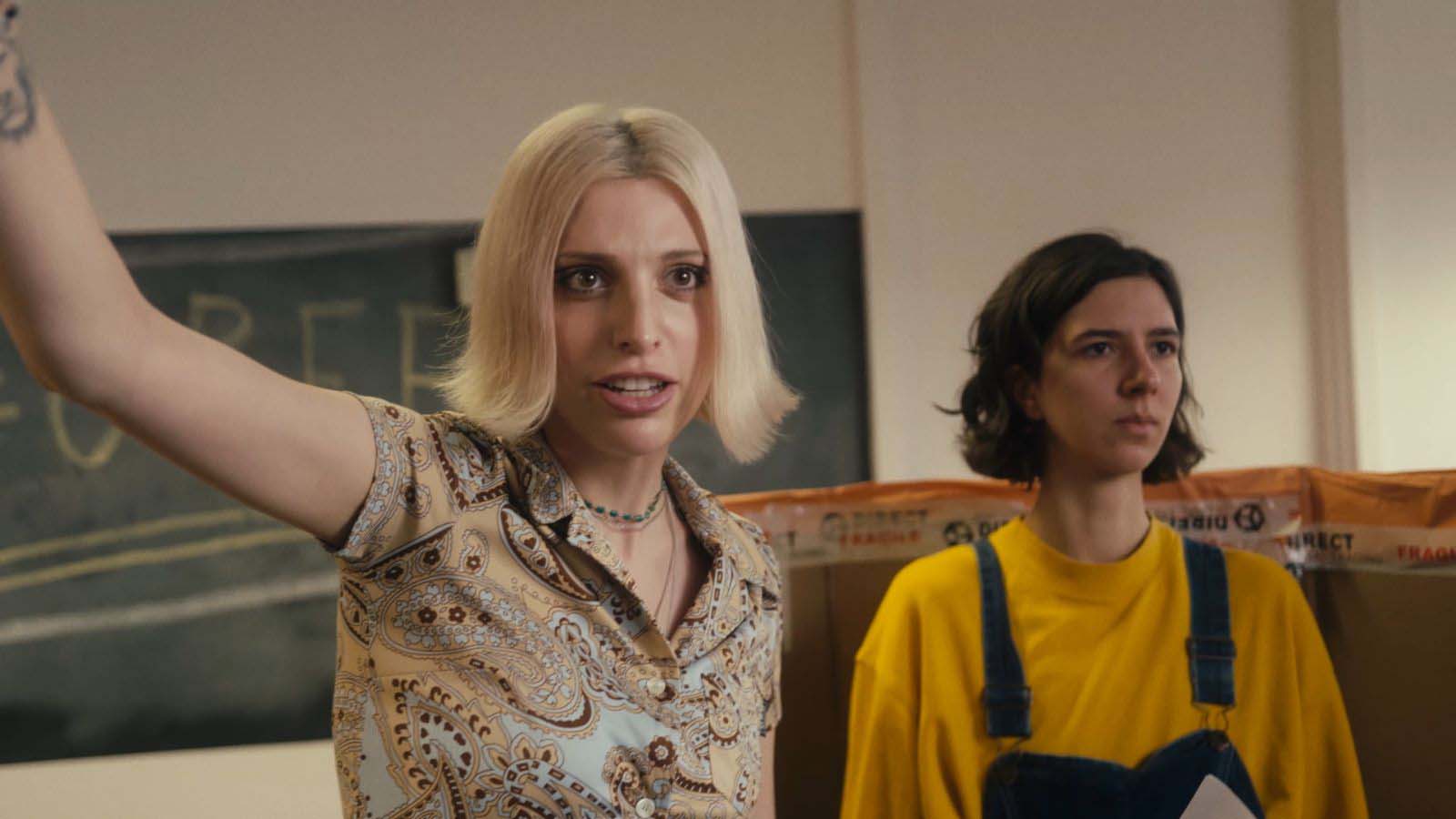
Daniel Oluwasayo Olabode
“I believe this regardless of the type of work people make, be it content for kids or the unique imagination of an obscure artist. Why do we create? Will material profit always be the primary reason? Will we sacrifice immediate maximisation of profit for unique creations that regardless of how it is initially perceived, or rather, can we reward the risk takers, the creators without the immediate in-hand resources to tell their stories? It’s hard to tell. Currently only 8% of creatives in film and TV are from working-class backgrounds in the UK. The current system is designed to gate keep and reward those who already have connections or who conform to the traditional systems.
Creatives, innovators, visionaries and those who believe in change, would need to collectively work together to support the ideas of one another. Else, the world changing visions of those in the 92% will never be seen or heard.
Whether consciously or subconsciously, we’re all fundamentally craving authenticity. You already have the advantage of being yourself, so recognise the power in your individuality, show up and ride the wave. Get in touch at info@akandaproductions.com to find out more on the work we’ll be doing with artists to bridge the gap between personal identity and their creative visions.”
Challenging Mediocrity - looking forward to the creative industry as we enter 2025
Mainstream outlets often covet media that is relatively bland and palatable, curated primarily to ensure the highest levels of engagement across the broadest range of audiences. While this can be a positive, in many cases, these outlets are rarely creatively informed by the very audiences they aim to target, leaving a range of demographics either under or misrepresented.
This lack of purpose and connection to the aspirations and experiences of both audiences and creators alike results in an industry that seems trapped in a self-consuming cycle. It continues to regurgitate the same trends, ideas, and identities across its platforms maintaining an all too digestible creative landscape that lacks impact.
Àkàndá took a deeper dive into how this can be reflected in our wider society, unpacking the layers of human nature, mental health & identity as a dual national through the experimental release “Nature”.
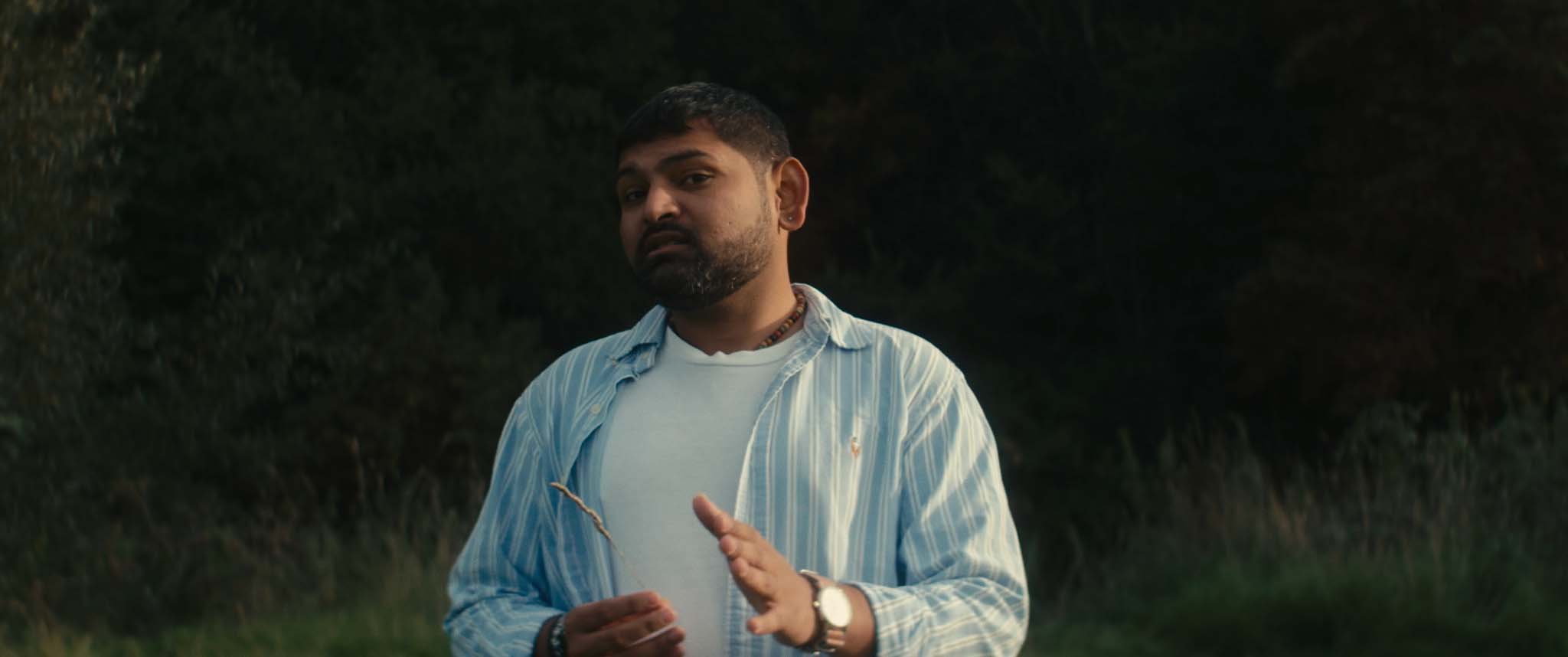
Daniel Oluwasayo Olabode
“It’s hard to predict how things will go but I have a sense (or look forward to seeing) stories that are unafraid of their queerness; unique story telling traits that do not conform to a status quo. This is not to say that tried and true methods are no longer valid but I look forward to seeing more stories that are unafraid in challenging troops, narratives, and traditional methods that have assumed monopoly of the truth. In some ways, that is what creatives and innovators are supposed to do. By challenging these troops and narratives, we shape perspectives, even if our own perspectives and points of view are not agreeable, the questioning itself opens the door to possibilities.
I think this because of the way the world is. It is obvious to almost everyone that collectively, as a society, unless things shift into an inspired direction, we will crash headfirst into our own destruction. The current set up isn’t working and even those who have traditionally benefited from the status quo, even if they cannot yet feel it, hear it. The unimaginative will point to the past as inspiration but creatives and innovators, through their ideas and stories, which ultimately impact culture and perspectives, are part of the catalyst for societal change.”
What insights will you personally be taking away from this year’s successes and challenges?
Daniel Oluwasayo Olabode
“2024 provided a lot of lessons and challenges to overcome that will hopefully helpfully help with the path of 2025.
For one, I have personally learnt to try and stay true to my vision, ideas and beliefs when it comes to decision making. It’s easy for empathetic individuals to prioritise others’ comfort over our own boundaries, unintentionally allowing ourselves to be walked over—not necessarily out of malice but because we don’t assert ourselves, believing it’s worth the sacrifice. This applies equally to personal relationships and creative or entrepreneurial endeavours.
Looking back, I realize I let things slide or took on extra burdens to avoid upsetting others. I often took on the archetype of Thanos as he grabbed the Infinity Gauntlet upon the failure of Ultron, “Fine, I’ll do it myself.” While that mindset might seem noble, it’s neither sustainable for me personally nor conducive to leading a business, or any collective organization or being a director. I’ve learned that good communication isn’t just about clarity when I’m confident—it’s about not letting doubt take up more space than it deserves.
This year, I’m committing to moving with more confidence. No one gets it right all the time, but when I am right, I will use those moments to guide others by showing my reasoning. And when I’m wrong, I’ll take the L, reflect, and grow from it.
2025 will also be about deepening the collaborations that began in 2024. Patience is key—knowing when to step back and “let it cook” rather than rushing the process. It’s a year to focus on learning and studying, staying open to new ideas and perspectives. I’ve also come to better understand the importance of moving away from the “all-in-one filmmaker” mentality. As filmmakers and creatives, we often do what is necessary to bring a vision to life, wearing multiple hats along the way. But time is the most valuable resource, and building a team to collectively manifest the vision is essential. After all, even Guts ended up with his own team.”
